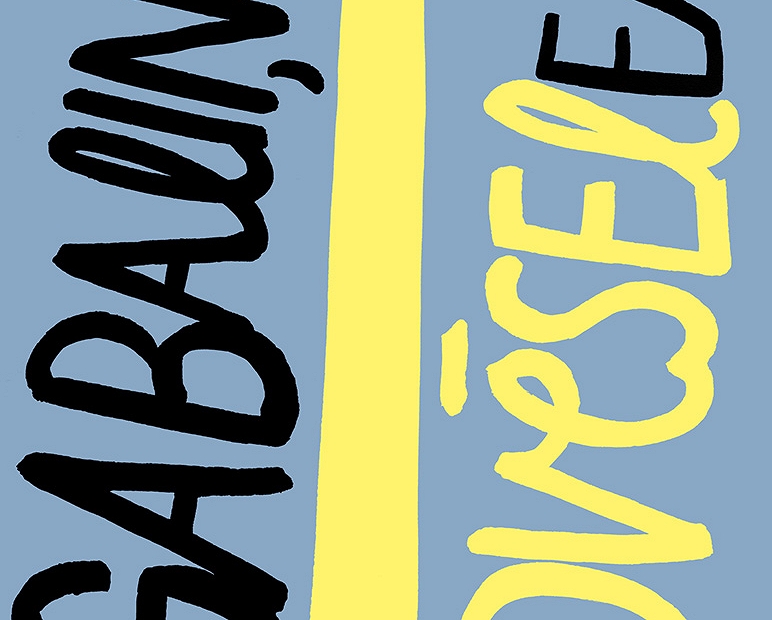This is the story of a fifteen-year-old girl about her mysterious first love. These feelings combine both risk and challenge, because her boyfriend, orphan Lycam, has a bad reputation and true romance. The girl seems to live the life of two people – the real Miriel and the imagined Julia. Both this love and the dangerous attempt to help her seriously ill brother with suggestion shake her life to the very depths. In conversations with the teacher, she tries to find out the questioning questions about the soul, incomprehensible forces, good and evil, and learns to formulate teenage naive questions so that maybe someday find answers.
Henrik Anderson (1965) skillfully uses the techniques of both psychological prose and fantasy literature, reveals the crisis in the girl’s emotional life and the drama of her growth. With the power of the truth of art, the book is able to promote young people’s ability and responsibility to analyze emotional states in relationships. The writer is already known to Latvian readers for her work dedicated to teenagers Emma Gloria and the Red Long Book, which received the International Jānis Baltvilks Award in 2014 (translated by Mudīte Treimane). Book A piece of the soul In 2015, he received an award from the Swedish Literary Society in Finland.
The writer studied at the Helsinki Theater Academy, including the French National Academy of Theater, and is a film, theater and TV actress and screenwriter, teaches creative writing and has been well known in Finland for her stories to children and adolescents since 2005. Inga Mežaraupe (1969) translates from Danish and a bit from Swedish. The authors translated include Peter Hegg, Ole Lund Kirkegor, Jergen Franz Jacobsen, Kirsten Torup, Karen Blixen, Siren Kirkegor and Patrick Svensson. The translator has received the Latvian Literature of the Year Award, and has also translated a popular scientific journal for many years Illustrated Science.
A piece of the soul Latvian translation and publishing is part of the publishing house Big and small project Children ‘s Europewhich has received funding from an EU program Creative Europeit was also supported by the State Culture Capital Fund.
–


